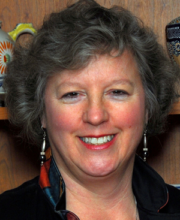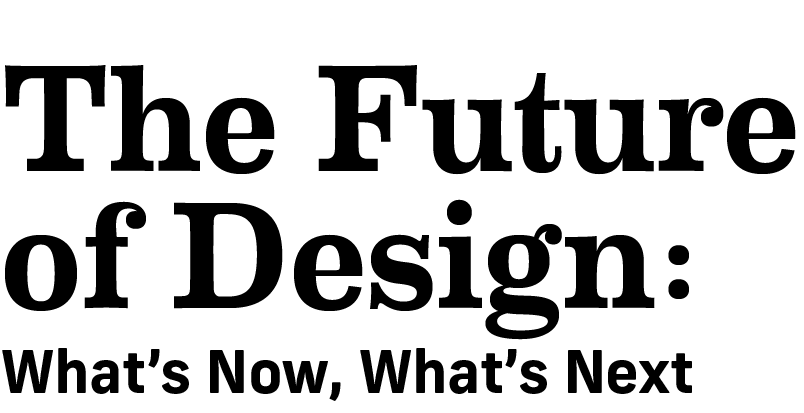The household model of design seeks to recreate the core elements of a home environment for residents. While research generally suggests that household models are associated with more positive outcomes, a major limitation of the research is the lack of a standardized definition of, or tool to measure, the homelike character of a long-term care setting. The Environmental Audit Screening Evaluation (EASE) is an evidence-based tool designed to evaluate the discrete elements of household design in long-term care settings in a manner no other assessment tool offers. Learn how the instrument is used and see examples of environmental elements that may typically otherwise go unnoticed.
 Lead speaker: Maggie Calkins, board chair, IDEAS Institute
Lead speaker: Maggie Calkins, board chair, IDEAS Institute
Maggie Calkins, PhD, EDAC, FGSA, is nationally recognized as a creative and dynamic leader, trainer, and researcher in the field of environments for elders. She is president of IDEAS: Innovative Designs in Environments for an Aging Society, a consulting firm dedicated to exploring the therapeutic potential of the environment—social and organizational as well as physical—particularly as it relates to frail and impaired older adults. She is a highly sought-after speaker for conferences in the U.S. and abroad. She has published extensively and received over $5 million in grant funding from the National Institutes of Health and foundations to develop training materials and explore the impact of the environment on people with dementia.
 Co-presenter: Robert Wrublowsky, principal, MMP Architects
Co-presenter: Robert Wrublowsky, principal, MMP Architects
Robert Wrublowsky specializes in environmental gerontology, and his work is well respected for challenging the traditional view that the majority of long-term care facilities do not adequately provide an environment that supports individuals inflicted with a form of cognitive impairment. He focuses on bringing knowledge into practice to transform the culture of care, from philosophical to system-wide shifts, which includes a fundamental change to physical design concepts focusing on resident needs before institutional process. He is currently working with various Canadian governments and LTC providers to bring about necessary changes in culture and design to allow for a truly resident-directed care environment. Robert speaks at LTC and Alzheimer conferences annually and has a number of publications on the subject matter.
LIVE AIR DATE: MONDAY, JUNE 1, 2020, 2-3pm EST









